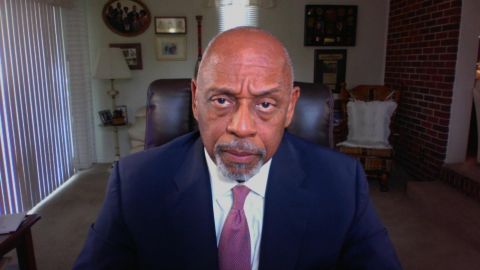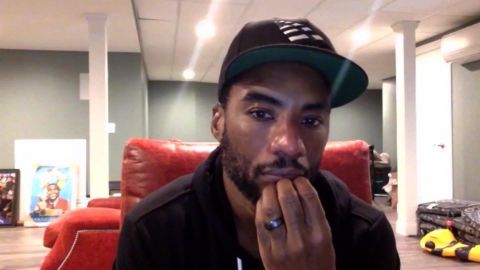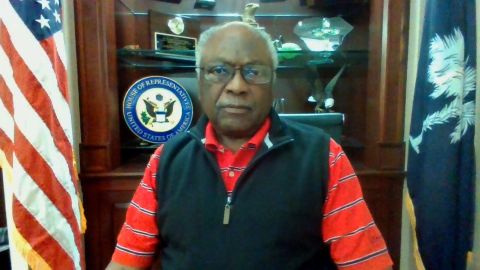Read Transcript EXPAND
CHRISTIANE AMANPOUR: So, you wrote a very powerful op-ed in which partly you said, black Americans, mostly young men but women as well are being killed by American law officers not for anything they did but for who they are. The killings are not accidents, statistical freaks or mistakes in judgment, they are products of American history. And you’ve also called George Floyd’s death a lynching. You have explained very eloquently the numbers and the unacceptable deaths of so many people. So, I want to ask you, you say it’s a tipping point. But how? Because you are an expert on this. Do you get policing to reform and to be reorganized? You know that there has been reforms in the Minneapolis Police Department and it didn’t work and there hasn’t been a significant drop in the deaths of black Americans by police since 2013. You were in the Obama administration on this issue. Can you describe what you — what sort of game plan, playbook you sort of, you know, created to try to change what’s going on in some police departments?
CEDRIC ALEXANDER, FORMER PRESIDENT, NATIONAL ORGANIZATION OF BLACK LAW ENFORCEMENT EXECUTIVES: Myself and 10 other people were impaneled, put together by President Obama back in late 2014. In May — in March — excuse me — of 2015, we delivered to President Obama at that time a document entitled 21st Century Task Force Report that had six pillars and over 60 or 70 recommendations that we had collected, not for ourselves, but from people across the country. And inside there were ideals, recommendations that could help build and bridge relationships that would ensure trust and legitimacy, that would ensure transparency. And, by the way, body-worn cameras was born out of that document, which is so prevalent today in many departments across this country. When a new administration came in, the new administration had another ideal. That’s their prerogative. But that document was pretty much set aside and it’s collecting dust. But in that document right now, if we take it off the shelf, it would be a beginning to remind us, to help us to begin to build these bridges again. But it is going to be an uphill task, because, as I stated in that op-ed, there are young people who are coming up to me, people of color. And they say to me, Dr. Alexander, I put my hands on the steering wheel. I complied. I did everything everybody — I was told to do, but yet still I’m choked out in the middle of the street. I’m shot down in South Georgia. I am shot and killed in the middle of the night while I sleep. And I’m accused of doing something I did not do. So, I just don’t know what to do at this point.
About This Episode EXPAND
Christiane speaks with House Majority Whip Jim Clyburn about current events and with Trump 2020 Director of Strategic Communications Marc Lotter about the president’s strategy moving forward. She also speaks with former President of the National Organization of Black Law Enforcement Executives Cedric L. Alexander about police reform. Michel Martin speaks with radio host Charlamagne tha God.
LEARN MORE



